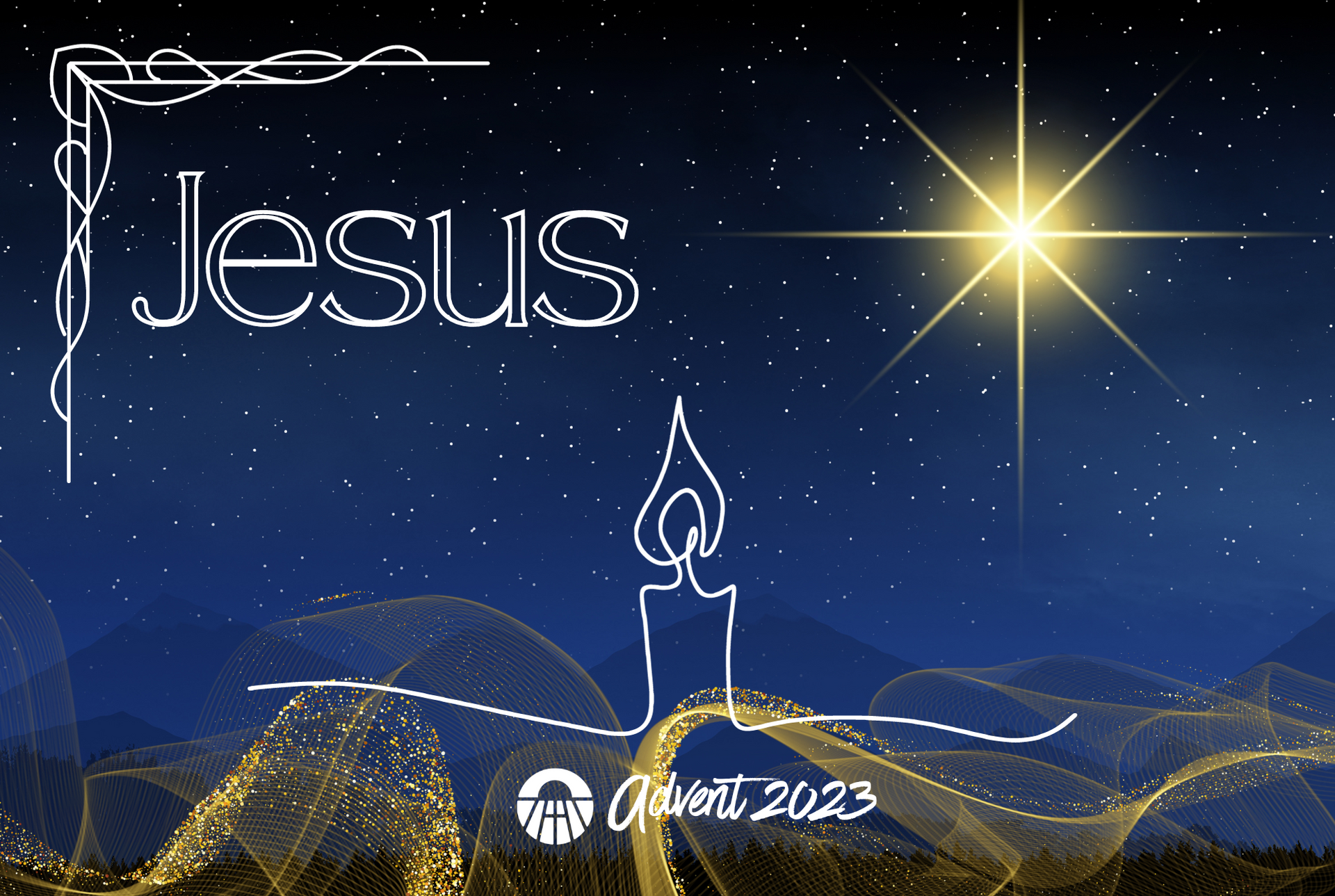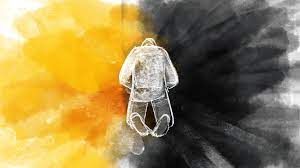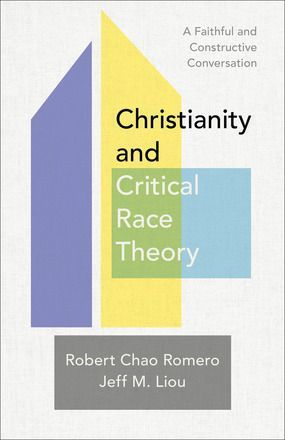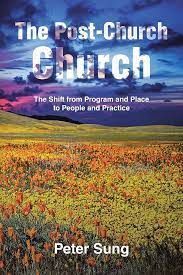Blog Layout
Atonement Resources
Josh Cramer • Apr 27, 2024
Some followup resources to our atonement conversation

I recently preached on the atonement and talked about the idea that God wants to be one with us. Atonement ideas talk about the different images that Scripture uses to talk about how Jesus unites us with God. There are lots of different images that Scripture uses, and I talked about several of them: Jesus comes and dies in our place, Jesus is a ransom for sin, Jesus defeats the powers, Jesus is light that overcomes darkness, Jesus heals us, cleanses us, sacrifices himself for us. There are mountains of books written on this, so I just want to point ot several that have been helpful for me.
From the early church:
Irenaus (130-202) was a foundational early Christian thinker. He talks
about Jesus as coming to be a second Adam, a new head of humanity (an idea that comes to be known as "recapitulation", which means "to re-head").
Gregory of Nyssa (335?-394?) is an early and important thinker on the atonement. He wrote about Jesus' work in several places, and you can find those. I find this resource
helpful, as it selects quotes about atonement from his work intending to teach faith to others.
Athanasius (296?-373) is equally early and important. His work On the Incarnation
is a classic in Christian theology and looks at how and why Jesus comes to earth to live and die and rise again. If you are interested, this is a great work.
Augustine (354-430) is always interesting, and has a lot to say. His work On the Trinity
might be his clearest work on atonement (and--as an added bonus--is also very compelling theological work on the Trinity!).
Anselm
is much later (he was bishop of Canterbury from 1093-1109), and is a hinge figure in atonement thinking. He develops the idea of a "satisfaction theory" of the atonement. For Anselm, Jesus comes to satisfy God's honor, which is offended by human sin. His work, Why Did God Become Man?
is a groundbreaking atonement work.
From the Reformation:
Martin Luther (1483-1546) was a great reformer who wanted to help the church more faithfully follow Jesus. He has a lot to say about atonement in various places, but here
is a sermon that points to penal substitution, the idea that Jesus came to die in our place to pay our legal debt to God because of our sin.
Jean Calvin
(1509-1564) is another of the great reformers and the father of what becomes Reformed Theology. His writing is foundational for lots of American theology, and much of what we assume about the atonement comes from his thought describing penal substitution. His Institutes
are the best place to learn his thought, but (to be honest) I don't much like reading them. I wish I could find something that distills his thought a bit, and if you find something let me know.
More recent thinking:
PP Waldenström (1838-1917) is a key thinker in the founding of the Covenant (our denomination). He questioned
the idea of penal substitution and argued that God is love and is constantly pursuing us in love, not with wrath.
Gustaf Aulén
(1879-1977) was another Swedish theologian who questioned the hegemony of penal substitution. His book Christus Victor
helped revive attention on the older view of God winning victory over sin and death.
René Girard
(1923-2015) was a creative and important 20th century thinker. His views on mimetic desire and scapegoating helped us think about new possibilities in atonement thinking. I can't even begin to summarize his thought, which is very complex and sometimes difficult to follow. If you want to start down this rabbit trail, take a look.
Hans Boersma
was a professor of mine at Regent College (he is now teaching elsewhere) and his book Violence, Hospitality, and the Cross
was another important work in the modern conversation around atonement. He argues that Christus Victor, Penal Substitution, and Moral Influence are all valid ways of describing what's happening in Jesus, and we need all of them. For Boersma, they all fit under Irenaus' Recapitulation theology.
The Anástasis Center
is a community dedicated to rethinking atonement, especially focused around the idea of atonement as healing. Started by Mako Nagasawa, it is a movement to focus on God's justice as restorative and Jesus' work as healing. I am intrigued by what they are doing and recommend taking a look at their website.
Brian Zahnd, Fleming Rutledge, NT Wright, Peter Leithart, James Cone, and others are helping to frame our understanding of what Jesus has done. Take a look and see what helps you to watch and witness Jesus. (And forgive me for leaving out so many great thinkers and faithful Christians!)

By Mario Romero
•
13 Feb, 2024
This is how I remember Lent as a kid: go to mass on Ash Wednesday (I have no memory of any sermon, lol), vow to give up something (that lasted as long as a New Year’s resolution), and eat Long John Silver’s fried fish on Fridays (their hushpuppies and crunchies…mmmm). We didn’t eat meat on Fridays (unless we forgot, but we prayed, so it was ok); it was something everyone in the church did, right? I knew it was leading up to Easter--other than that, I had no real understanding or connection to it. Lent was taught more like an obligation rather than an opportunity. An opportunity to reflect, rejoice, rest, repent (what other “r” words can we think of?) on Christ’s journey to the cross. The next 40 days is an opportunity, an invitation to draw closer to the Giver of Life. For some, this might look sacrificial (giving something up), for others it might be a genesis (starting something new), or it can be a combination of the two. “Your kingdom come, Your will be done, On earth, As it is in heaven” Our Lord doesn’t just teach us to pray, he embodies prayer. He inaugurates God’s kingdom on earth through his presence with us; through his faithful obedience, we get to see and experience heaven on earth. This does not come without temptation, and trials, and wandering astray at times—yet our loving God invites. He invites us to remember, to reengage with the One who creates and holds all things; He invites us to lay down our lives and pick up our crosses. We want to invite you to participate with RCB, as we journey with Christ to Calvary, praying for the strength to be obedient… Your kingdom come, Your will be done, On earth, As it is in heaven.

By Josh Cramer
•
25 Dec, 2023
John 1: In the beginning was the Word, and the Word was with God, and the Word was God. The same was in the beginning with God. All things were made by him; and without him was not any thing made that was made. In him was life, and the life was the light of men. And the light shineth in darkness, and the darkness comprehended it not. There was a man sent from God, whose name was John. The same came for a witness, to bear witness of the light, that all men through him might believe. He was not that light, but was sent to bear witness of that light. That was the true light, which lighteth every man that cometh into the world. He was in the world, and the world was made by him, and the world knew him not. He came unto his own, and his own received him not. But as many as received him, to them gave he power to become the sons of God, even to them that believe on his Name: which were born, not of blood, nor of the will of the flesh, nor of the will of man, but of God. And the Word was made flesh, and dwelt among us (and we beheld his glory, the glory as of the only-begotten of the Father) full of grace and truth.








